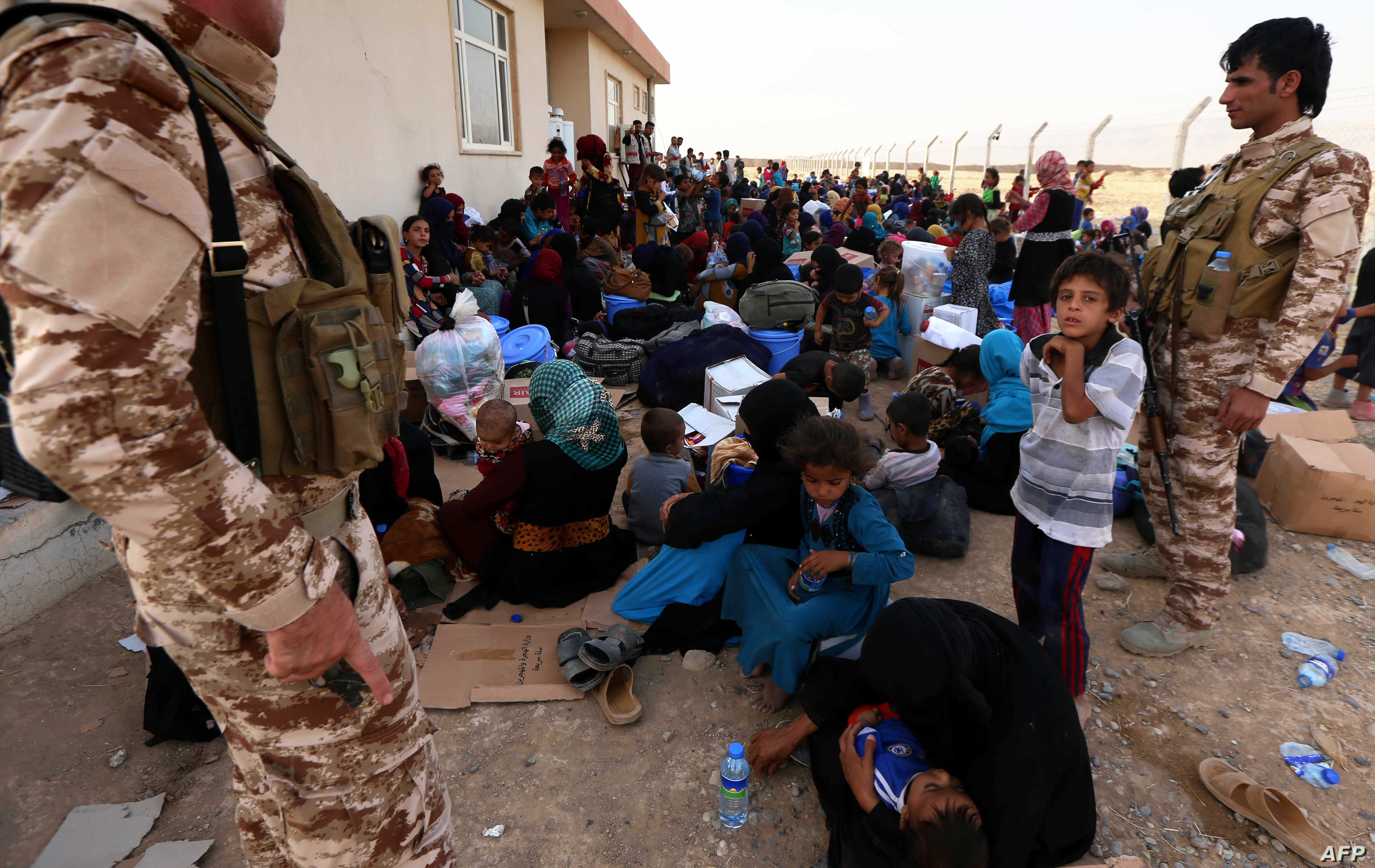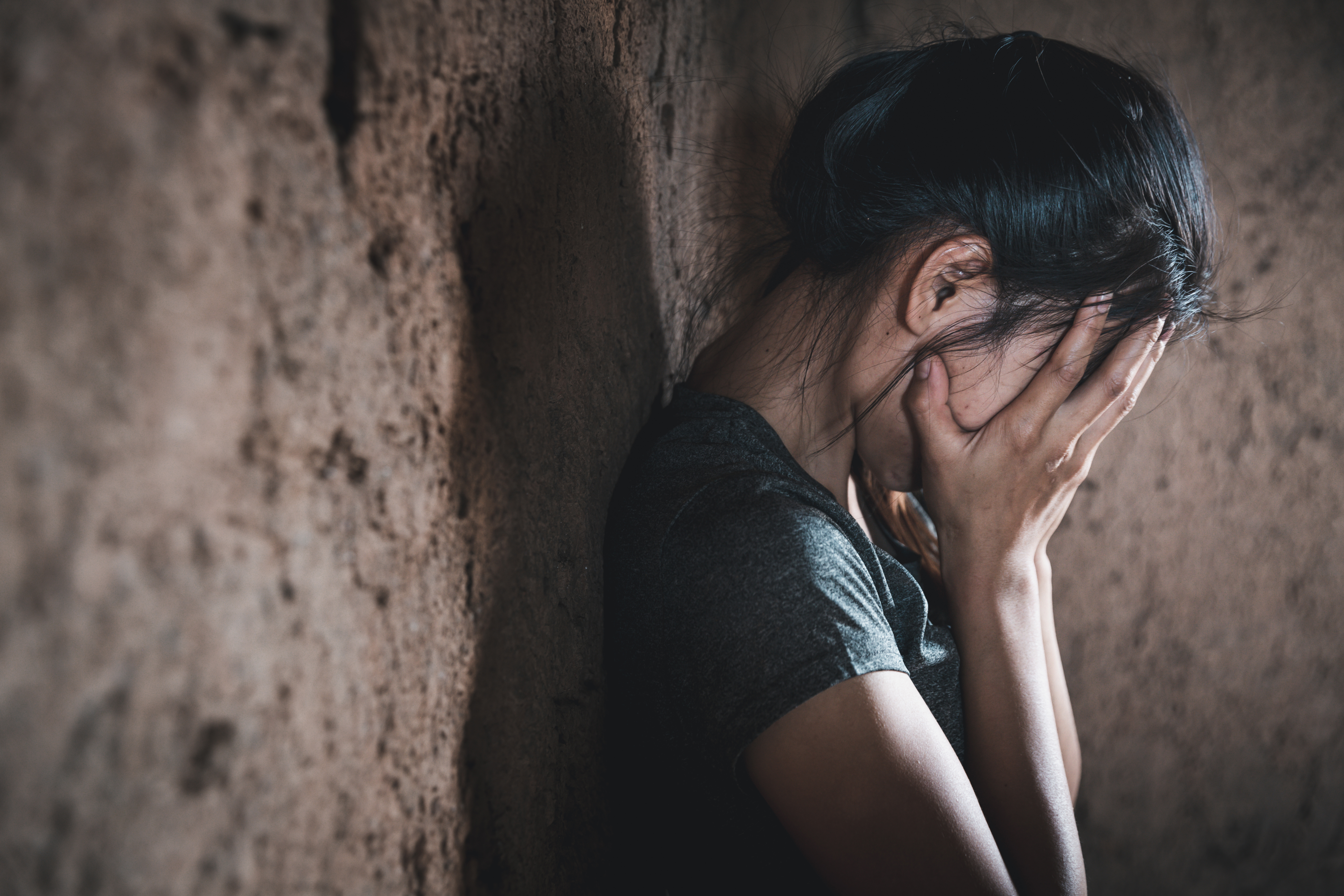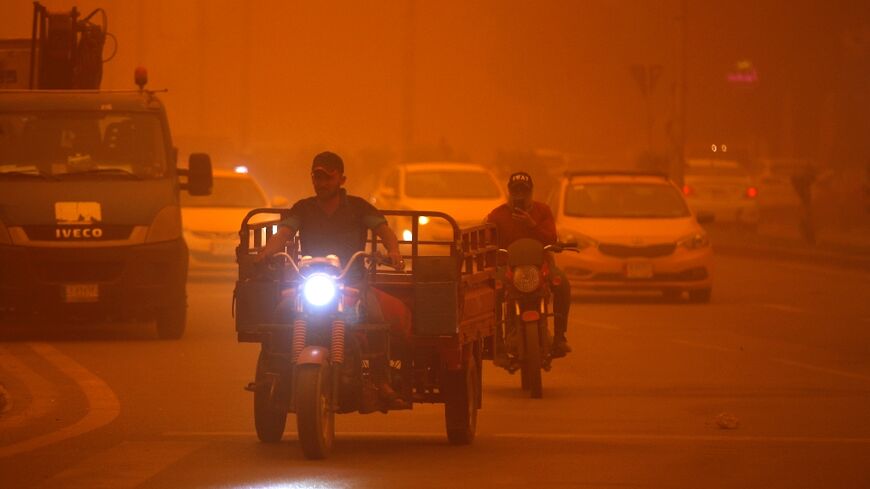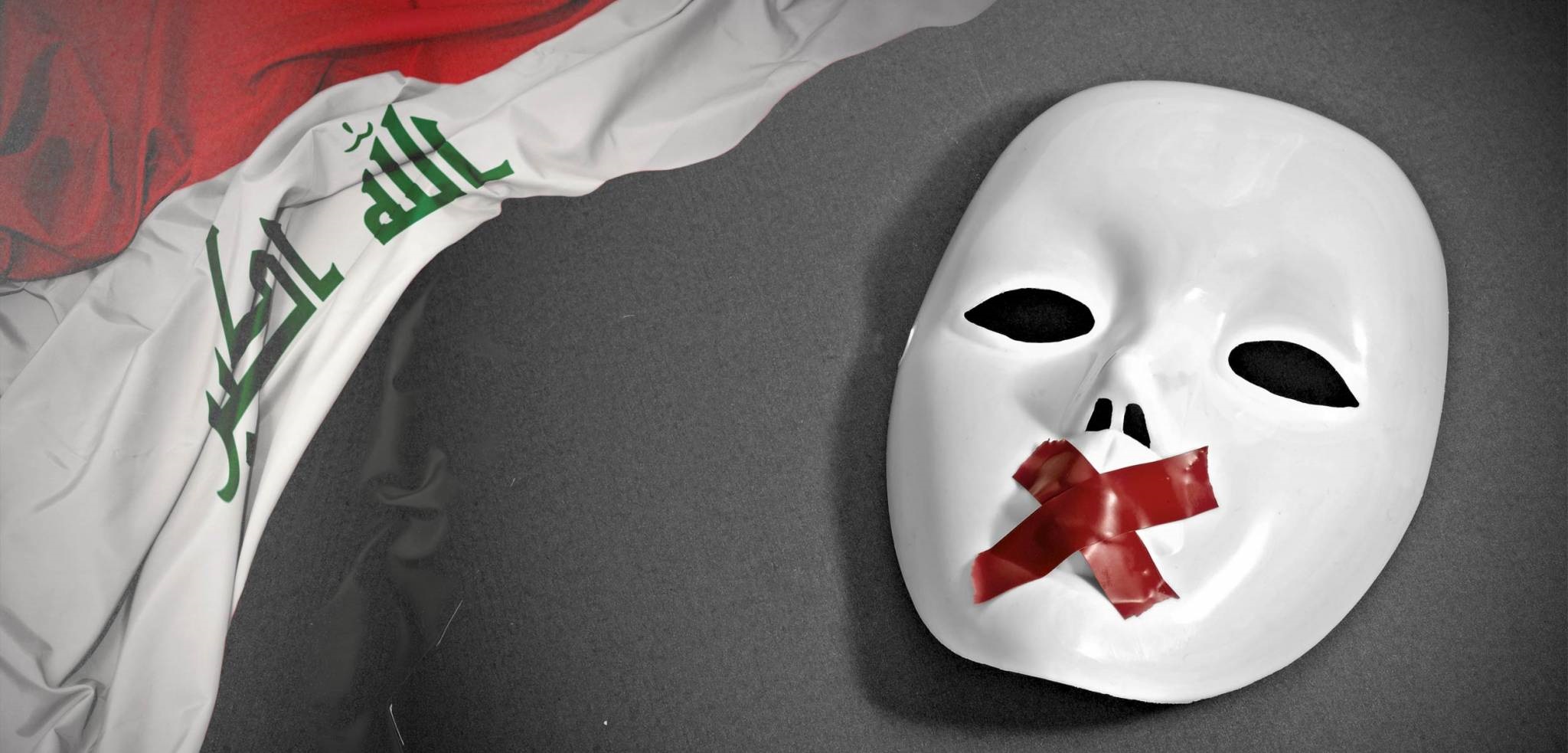The Iraqi Observatory for Human Rights said that the displaced are suffering from tragic conditions due to the severe cold wave that Iraq has witnessed during the past few days.
So far, the death of two children in the Ashti camp for displaced people in Sulaymaniyah governorate, northern Iraq, and the death of an elderly woman who was living with her family in a dilapidated house in Diyala governorate due to the severe cold and the lack of blankets and fuel have been confirmed to the Observatory.
Activists and officials in Ashti camp for displaced people reported that the authorities did not take any measures to deal with the cold wave that blew the areas of northern Iraq. “Frankly, we wonder about the money that was allocated to the displaced and where it went,” said a camp official.
The Iraqi Observatory for Human Rights confirmed that the Iraqi Ministry of Migration and Displaced, with its new administration, dealt with the file of the displaced chaotically and without knowledge, and tried to end the file in any way, even if it was at the expense of displaced people.
During the past months, the observatory indicated an accelerated government effort to close the displacement camps, which had counter results on those who had to leave their homes.
The government did not provide a safe and livable environment for them to return to their areas, nor did it provide them with what they needed in the camps, as if it tried to punish them.
During the past period, the authorities have voluntarily returned thousands of displaced people to their areas of origin, but sometimes without preparing the appropriate ground, only to complete a project adopted by the government, which requires closing the displacement file, as it describes it.
The Observatory also indicated government attempts in the past two years to force the displaced to return to their areas, but those people cannot return to areas that are unsafe and do not meet the minimum requirements for a decent life, so it worked to close the camps and return some of them, as for those who remained in the camps, it reduced the supplies to them to force them to return to their homes.
More than a million displaced people live in camps and gatherings distributed in Anbar, Sulaymaniyah, Kirkuk, Diyala and Nineveh in poor conditions. They do not have sufficient clothes, means of heating, and the necessary fuel. The authorities do not provide them with what they need to get through the winter, and the relief campaigns organized by volunteers and human rights organizations do not fully meet these basic requirements.
The Iraqi Observatory for Human Rights calls on the authorities to immediately intervene and provide assistance to displaced people and provide them with the necessary needs to save their lives, especially women and children, through this cold wave and not to forget them and focus on other problems, and urges the international community to provide assistance as well.
The observatory stresses the need for government agencies to have a conscious and deliberate program if they insist on pushing the displaced people to return to their cities, and not leave them to face a lack of life necessities alone, while the authorities are satisfied with giving them small sums of money to encourage them to return and then do not ask about them.
The Iraqi Observatory for Human Rights calls on the new parliament to legislate laws that guarantee a better life for displaced people and those affected by the war that Iraq witnessed in the past years and ended with devastation, the effects of which are still visible in the cities of the west and north.
The procedures and decisions approved by the Parliament and government regarding the displaced people were firstly insufficient and tainted by deficiencies, and corruption permeated its implementation mechanism secondly. This is what can be asked to displaced people in order to verify the correctness and identity of the defects so as to get over them as soon as possible and not to leave those who are still living in the camps facing death with their children for simple reasons that can be avoided.




